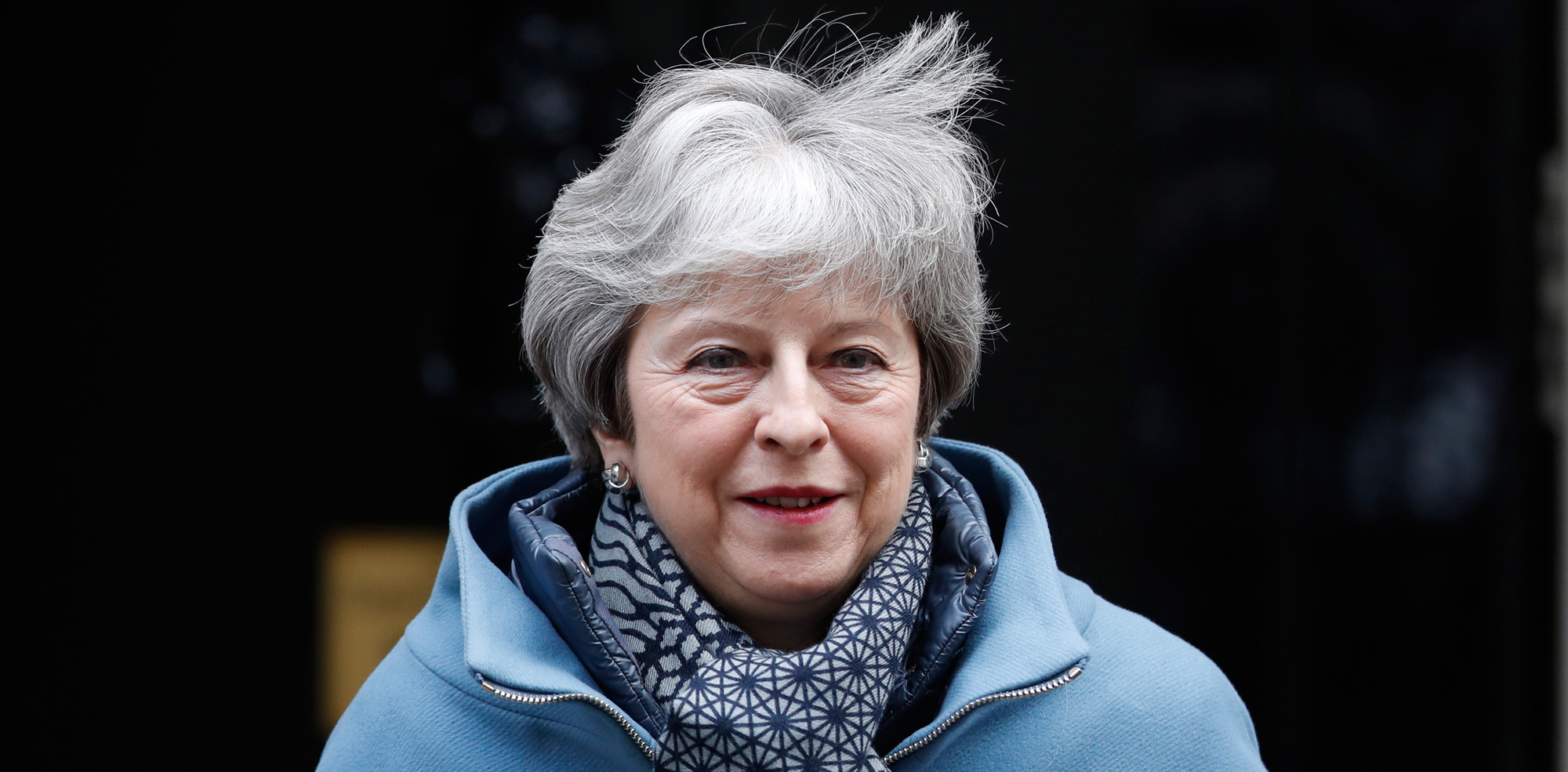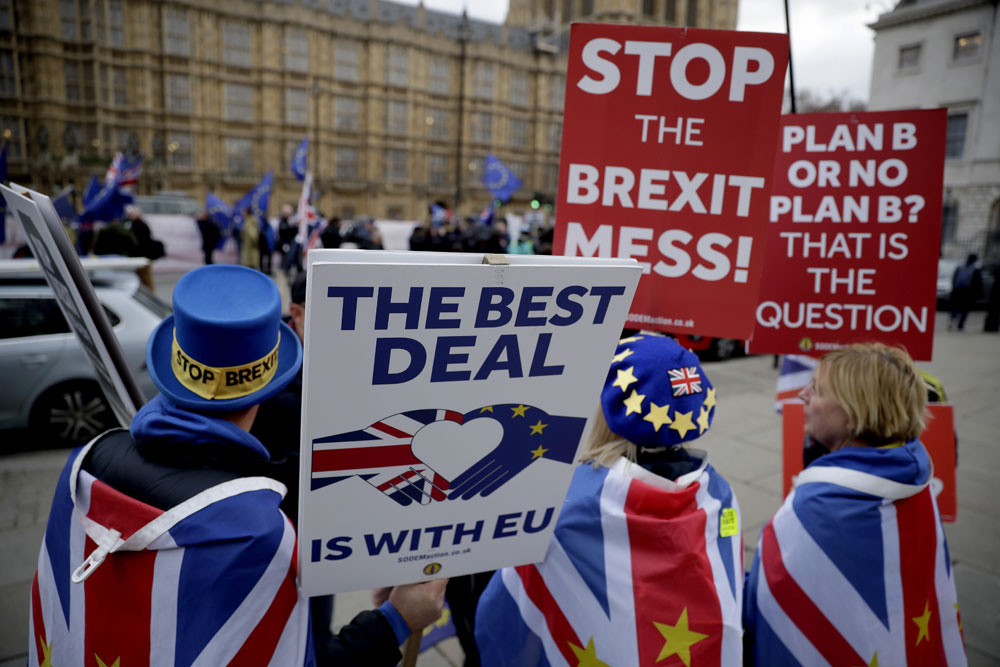While we all obsess about the new Brexiteer government of Boris Johnson, don’t lose sight of this: under Jo Swinson, the new leader they elected last week, the Liberal Democrats have a chance of leading a fightback for liberal Britain. The great unrepresented liberal Britain, that is, that people around the world admire and miss. To achieve this, the Lib Dems must dramatically raise their game, reaching parts of a troubled country that they have not touched for a century.
The Strange Death of Liberal England is one of the most memorable book titles in British political history, so I am tempted to conjure up ‘The Strange Rebirth of Liberal England’. But liberal England never died, and nor did liberal Scotland — whence Swinson comes — and liberal Wales. Indeed, the British social attitudes survey shows that, in attitudes to religion, sexual orientation and ethnicity, British society has become more liberal in recent decades.
What nearly died was not liberal Britain, but the Liberal Party. (That was the subject of George Dangerfield’s celebrated Strange Death book.) Pull up the graph of the Liberals’ electoral performance over the last 100 years and you have the side-view of a fairground roller coaster. Having been one of the major parties of government for six decades, until the end of the First World War, it sunk to a small minority (in votes and, due to an unfair electoral system, even more in seats) between 1931 and the early 1970s. It then revived, strengthened by an alliance and eventual merger with the Social Democrats who had broken away from the Labour Party — hence the name change to Liberal Democrats — and in 2005 got 62 parliamentary seats, its best result since 1923. In 2010, with 57 members of parliament, it scored the apparent triumph of going into coalition government with the Conservatives, only to be punished for the sin of pragmatism by an electoral dressing-down to eight MPs in 2015, and just a few more after the 2017 snap election.
Yet the roller-coaster ride was not over. The Liberals (to give them back their proper name) bravely came out for a second referendum the day after the 2016 Brexit referendum, and have ever since been the party of Remain, while the Conservatives have made an almighty mess of Brexit and Labour has disastrously equivocated. As a result, they trounced both Labour and Conservatives in the recent European elections. They now have upwards of 1,06,000 mainly new members — a tally fast catching up with the at most 1,60,000 mainly elderly Conservative Party members who have chosen Johnson to be their leader and hence (without asking the rest of the country) Britain’s new prime minister. The Liberals have scored better than Labour in at least two recent polls of voting intentions for the general election that Britain will probably have sooner rather than later.
Watch out, though. If Oxford is the home of lost causes then the Liberals are the party of false dawns. “We are going for a landslide,” said the Liberal leader, Jeremy Thorpe, in 1974. “Go back to your constituencies and prepare for government,” cried David Steel in 1981. Their current success results from the unique conjuncture of two circumstances. First, the identity divide between Remainers and Leavers has become more important than any other political divide, and they are the Remain party. Second, Labour and Conservatives have leaders who are both, in very different ways, unqualified to be prime minister and open to radically illiberal positions. Johnson is an irresponsible liar and narcissist, as disqualified by his character to be British prime minister as Donald Trump is to be American president. He has not ruled out suspending Parliament in order to force through a no deal Brexit. In a parliamentary liberal democracy, what could be more illiberal? Jeremy Corbyn is a veteran, well-intentioned socialist campaigner, but woolly-weak and steered by profoundly illiberal advisers. No true liberal could have tolerated so much anti-Semitism in the party for so long. But if either of the big parties came back to the liberal centre — and, as a liberal who is independent of all parties, I hope they both will — then this unique opportunity would rapidly pass.
In order to seize this chance, the Liberals must go both deeper and wider. Swinson had an attractively brief leadership manifesto with three points: building an economy that puts people and the planet first, harnessing the technological revolution, and rallying “a liberal movement to stand up for our values and against the forces of populism and nationalism”. Now she needs to spell out what “our values” are. That means engaging more deeply with liberalism, starting with its core value of individual liberty. She should reach back to the magnificent British tradition of liberalism, from the philosopher, John Locke, and the 17th-century free-speech defender, “Free-born John” Lilburne, through the political thinker, John Stuart Mill and the 19th-century Liberal prime minister, William Ewart Gladstone, all the way to the 20th-century philosopher, Isaiah Berlin, and the political writer, George Orwell. I’m not proposing an arcane seminar in political theory; all these great liberals spoke plainer, more vivid and muscular English than does any politician today. You can confront Johnson with Gladstone and Corbyn with Orwell. And then you can show how these liberal values speak to the new challenges of our time, such as climate change, gender equality (on which Swinson wrote a book), education and preserving the European Union as the world’s pioneering example of liberal international order.
That depth will help with achieving a new breadth. It will strike chords with liberal Labour and Conservative voters who voted Liberal for the first time in the European elections, but might not in a general election. The Liberals are slated to win a by-election in the Welsh constituency of Brecon and Radnorshire this week. They now have Chuka Umunna, perhaps the most talented politician to leave Labour via the breakaway Change UK party, and should soon be joined by at least one of the three charismatic, pro-Remain female MPs who left the Conservatives for Change UK. A few sitting Conservatives are reportedly contemplating defection to the Liberals. But even then, the parliamentary party will be a tiny band. In a general election, they will need what Swinson calls “bespoke” electoral understandings with the Greens, the Welsh nationalist Plaid Cymru, liberal Labour and pro-Remain Conservatives. To have any chance of beating their 2005 record, let alone heading towards the 100 MP mark, they will also need a large increase in campaign funding.
Much will still depend on the circumstances. If the Tories manage to get Britain out of the EU with a Brexit deal before going to an election, their Brexit Party rival will be robbed of its raison d’être and Remainers will feel deflated. If, however, the election happens before Brexit, there is a real chance of getting a Liberal-Labour alliance that would give Britain what it really needs: a second referendum with the option to stay in the EU. And a second chance for the true, the great, the unrepresented liberal Britain.
The author is Professor of European Studies at Oxford University and a Senior Fellow at the Hoover Institution, Stanford University













